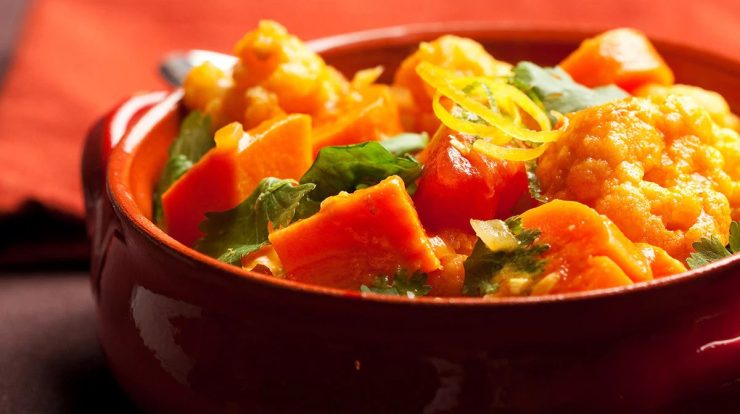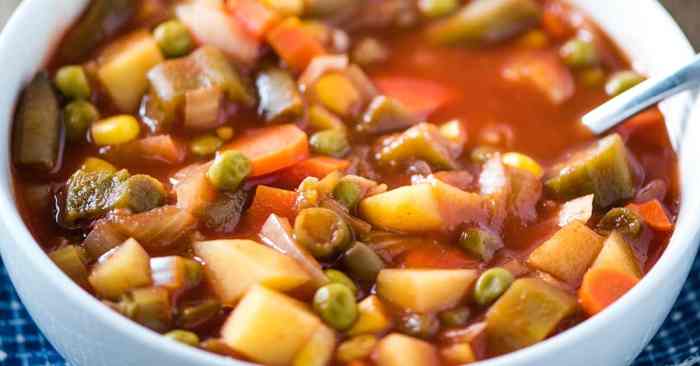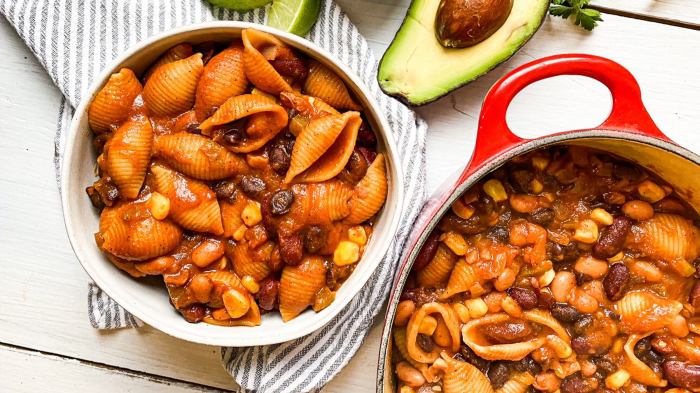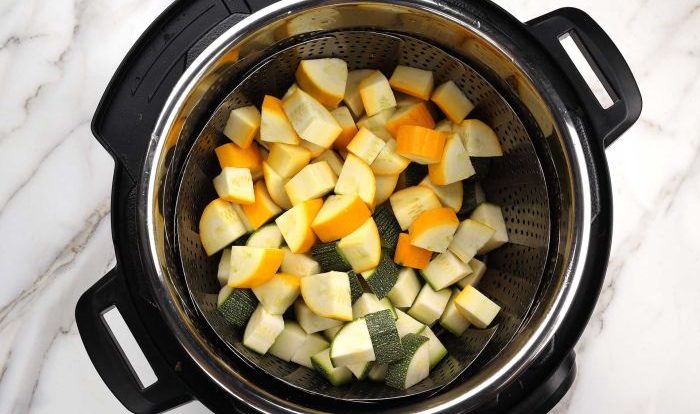Is tahini vegan? The answer is a resounding yes! Tahini, a delectable Middle Eastern condiment, has captured the hearts of vegans and non-vegans alike with its creamy texture and nutty flavor. Dive into this comprehensive guide to explore the vegan properties, culinary versatility, and nutritional benefits of tahini.
Made from ground sesame seeds, tahini boasts a rich nutritional profile that makes it an excellent addition to any vegan diet. Its absence of animal-derived ingredients ensures its suitability for vegans, making it a versatile ingredient for sauces, dips, and spreads.
Definition of Tahini
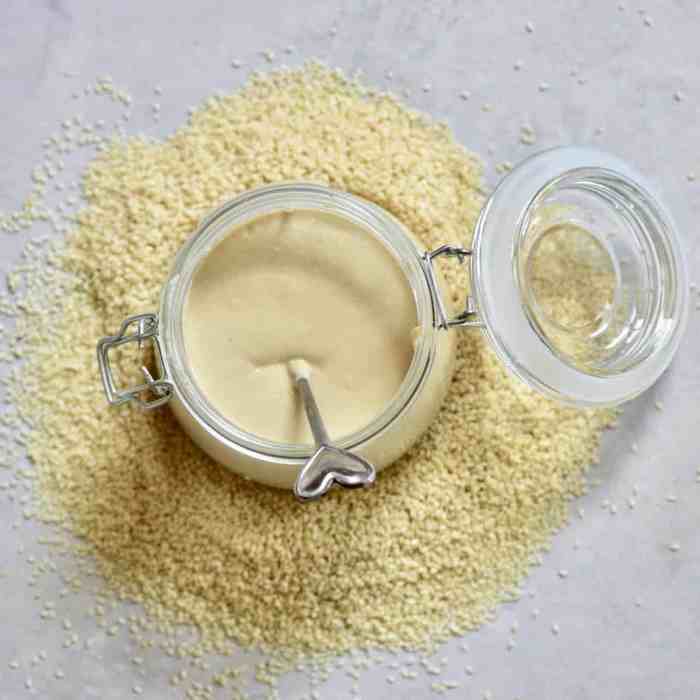
Tahini, a staple in Middle Eastern cuisine, is a thick, creamy paste made from toasted sesame seeds. It has a nutty, earthy flavor and a rich, umami taste.
Tahini is made by grinding toasted sesame seeds into a smooth paste. The toasting process enhances the flavor and aroma of the sesame seeds, giving tahini its distinctive taste. It is a rich source of nutrients, including protein, healthy fats, fiber, and vitamins and minerals.
Nutritional Value
Tahini is a nutritious food that offers several health benefits. It is a good source of protein, providing approximately 5 grams per tablespoon. It is also a good source of healthy fats, including monounsaturated and polyunsaturated fats, which are beneficial for heart health.
Tahini is a good source of fiber, which is important for digestive health. It also contains vitamins and minerals, including iron, calcium, magnesium, and zinc.
Vegan Properties of Tahini
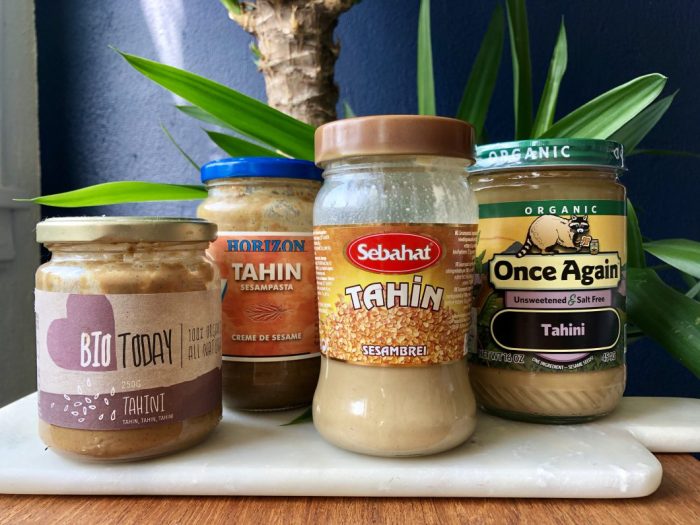
Tahini is widely recognized as a vegan food due to its exclusive plant-based composition. It contains no animal-derived ingredients, making it suitable for individuals following vegan diets. Tahini is crafted from sesame seeds, which are naturally vegan and free from any animal products.
Tahini, a creamy paste made from sesame seeds, is a versatile vegan ingredient. Its nutty flavor adds depth to dips, dressings, and desserts. While enjoying tahini, you may wonder about the benefits of protein cookies for weight loss. Are protein cookies good for weight loss ? Protein cookies can aid in weight loss due to their satiating effects.
Returning to tahini, it’s a rich source of essential nutrients, making it a healthy addition to a vegan diet.
Absence of Animal-Derived Ingredients
Tahini’s vegan nature stems from the absence of any animal-derived ingredients in its production. It is made solely from sesame seeds, which are ground into a smooth paste. Unlike some other food products that may contain hidden animal-based ingredients, tahini is inherently vegan and free from any non-plant-based components.
Suitability for Vegan Diets
The vegan properties of tahini make it an excellent choice for individuals adhering to vegan diets. It provides a rich source of nutrients, including protein, healthy fats, and essential vitamins and minerals, without compromising vegan principles. Tahini can be incorporated into various vegan dishes, such as hummus, dips, dressings, and baked goods, adding flavor and nutritional value.
Uses of Tahini in Vegan Cuisine
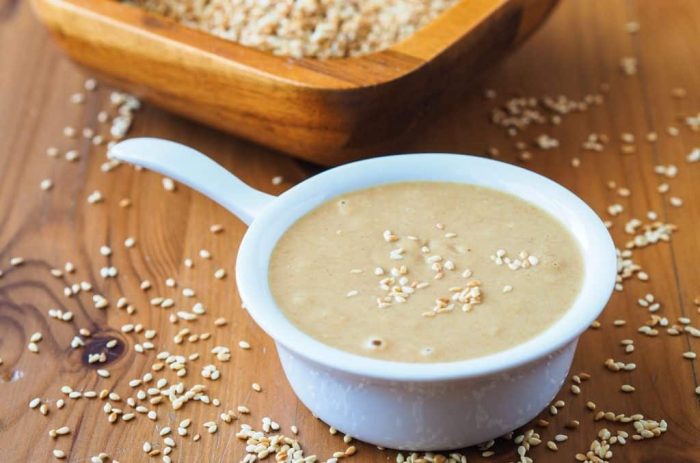
Tahini’s versatility makes it a staple ingredient in vegan cooking. Its nutty flavor and creamy texture enhance various dishes, from sauces and dips to spreads and baked goods.
Vegan Dishes Featuring Tahini
Tahini is a key component in classic Middle Eastern dishes like hummus, baba ghanoush, and falafel. It adds a creamy richness to these dishes, balancing their bold flavors. Additionally, tahini is used in vegan salad dressings, such as tahini-lemon dressing, providing a tangy and creamy base.
Tahini as a Versatile Ingredient
Tahini’s versatility extends beyond dips and spreads. It can be used as a thickener in soups and stews, adding a nutty depth of flavor. Tahini also serves as a marinade for tofu or tempeh, infusing them with a savory and nutty taste.
Furthermore, tahini can be incorporated into baked goods like cookies, cakes, and muffins, adding moisture and a subtle nutty flavor.
Creative Uses of Tahini
Beyond traditional applications, tahini offers endless possibilities for creative culinary exploration. It can be used to make vegan cheese sauces, adding a creamy and flavorful base to pasta dishes or vegetable gratins. Tahini can also be incorporated into smoothies, providing a boost of protein and healthy fats.
Additionally, it can be drizzled over roasted vegetables or grilled tofu, adding a nutty and umami-rich glaze.
Nutritional Benefits of Tahini for Vegans
Tahini is a nutrient-rich food that provides essential nutrients for vegans. It is a good source of protein, fiber, healthy fats, and various vitamins and minerals. These nutrients play a crucial role in maintaining a healthy vegan diet.Tahini is a rich source of protein, containing approximately 17 grams per 100 grams.
Protein is essential for building and repairing tissues, producing enzymes and hormones, and maintaining a healthy immune system. For vegans, who rely on plant-based sources for protein, tahini can be a valuable addition to their diet.Tahini is also a good source of fiber, with approximately 12 grams per 100 grams.
Fiber is important for digestive health, as it helps regulate bowel movements and prevents constipation. Additionally, fiber can help lower cholesterol levels and reduce the risk of heart disease and diabetes.Tahini is a rich source of healthy fats, particularly monounsaturated and polyunsaturated fats.
These fats are essential for maintaining heart health, as they help lower cholesterol levels and reduce the risk of heart disease. Additionally, healthy fats are important for brain health and cognitive function.
Essential Fatty Acids
Tahini is a good source of essential fatty acids, particularly omega-3 and omega-6 fatty acids. Essential fatty acids cannot be produced by the body and must be obtained through the diet. Omega-3 fatty acids are important for heart health, brain function, and immune system function.
Omega-6 fatty acids are also important for heart health and skin health.
Minerals
Tahini is a good source of several minerals, including calcium, iron, magnesium, and zinc. Calcium is essential for bone health, iron is essential for red blood cell production, magnesium is important for muscle function and nerve transmission, and zinc is essential for immune system function and wound healing.
Tahini as a Substitute for Non-Vegan Ingredients
Tahini’s versatility extends to replacing non-vegan ingredients in various recipes, offering a plant-based alternative without compromising taste or texture.
Non-Vegan Ingredients Replaced by Tahini, Is tahini vegan
- Dairy:Tahini can replace butter, milk, and cream in sauces, dips, and baked goods.
- Eggs:Tahini acts as a binder in recipes, similar to eggs. It can be used in cookies, cakes, and pancakes.
Examples of Tahini Substitutions
Here are some examples of recipes where tahini can be used as an alternative to non-vegan ingredients:
- Vegan Alfredo Sauce:Tahini replaces dairy cream, creating a creamy and flavorful sauce.
- Tahini Chocolate Chip Cookies:Tahini substitutes butter and eggs, resulting in chewy and delicious cookies.
Advantages of Using Tahini as a Substitute
Using tahini as a substitute for non-vegan ingredients offers several advantages:
- Nutritional Value:Tahini is rich in healthy fats, protein, and vitamins.
- Flavorful:Tahini adds a nutty and savory flavor to dishes.
- Versatile:Tahini can be used in various recipes, from dips to baked goods.
Closure: Is Tahini Vegan
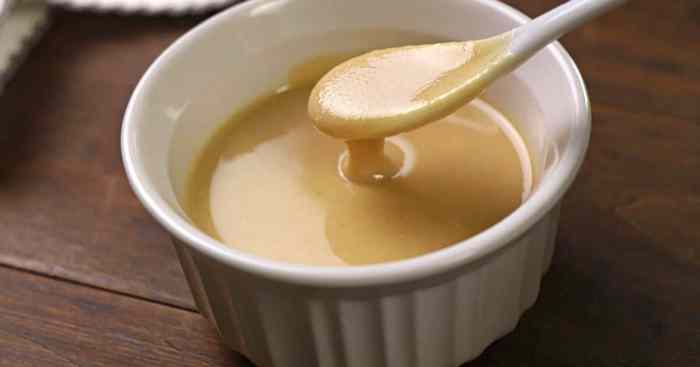
In conclusion, tahini stands as a vegan culinary treasure, offering a delectable taste and an array of health benefits. Its versatility extends from classic hummus to innovative vegan desserts, making it an indispensable ingredient for plant-based cooking. Embrace the goodness of tahini and unlock a world of flavorful and nutritious vegan possibilities.




